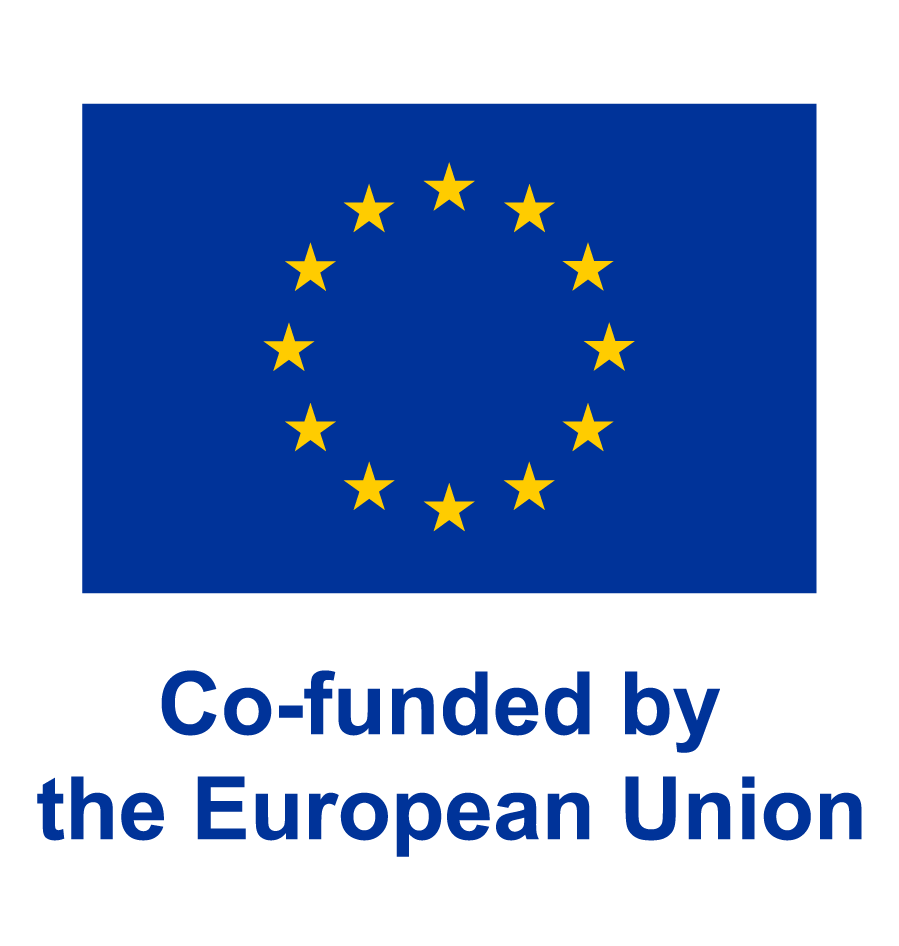Introduction
Recent literature has found that nearly 1 in 5 mothers in sub-Saharan Africa will experience symptoms associated with postpartum depression, with some countries reporting almost 30% of surveyed mothers experiencing such symptoms (Nweke et al., 2024). Moreover, researchers also suggest that, in addition to the emotional burden associated with anxiety during pregnancy and the mental symptoms associated with postpartum depression thereafter, postpartum depression in mothers has been found to affect the natural and healthy development of the child, potentially causing delays in language development and learning, behavioral problems, more general agitation, and stunted growth (Surkan et al., 2014). These important statistics highlight the need to focus on maternal mental health and implement effective community-based support to help mothers thrive during pregnancy and after childbirth.
Through community interventions and settings, expectant mothers can have a support network that provides them with necessary social interaction, practical advice surrounding pregnancy and child-rearing and emotional support to deal with potential pregnancy challenges. There are several different community-based approaches to promoting maternal mental health that focus on creating supportive environments where mothers can address the emotional challenges often associated with pregnancy and early motherhood. Maternal mental health is often enhanced by providing mothers with a range of resources and support networks that are at the core of community-based approaches, such as services provided by health centers within the community, individual home visits by health professionals, and structured parenting group sessions by peers and professionals.
Community-based approaches to maternal mental health
Several studies have been conducted in recent years to analyze the impact of community based approaches and interventions on maternal mental and physical health. Community health services play a critical role in providing accessible and holistic health care to diverse communities, many of which are underserved. Nested within communities, health centers are often in a better position to provide tailored intervention for the population that includes potential cultural sensitivities and individual challenges (Putnam et al., 2023). By integrating routine maternity care and services with mental health screenings, health professionals can offer a more comprehensive approach to ensure that a mother’s mental support needs are addressed alongside her physical needs. This approach can effectively address barriers to providing maternal mental health care services (Scroggins et al., 2024).
However, the available settings cannot cover a full range of individualized needs and accessibility as home visits could. A recent study investigated how extended home visits during pregnancy and after childbirth by community care professionals in a home setting in which the mother was in a comfortable and familiar environment promoted feelings of self-confidence in the parenting role. (Ichikawa et al., 2015). The integration of individualised intervention from an outside professional network helped to reduce the anxiety and overall ambiguity associated with pregnancy and helped to create a positive sense of internalised security and comfort for expectant mothers. Through this person-centered approach, surveyed mothers reported feeling reassured, listened to, and having a more equal relationship with their healthcare team (Bäckström, et al., 2021).
Nevertheless, the lack of contact with peers remains a challenge that could be addressed by parent group sessions. Through this important community-based intervention, expectant parents participate in small group sessions where they can prepare for their parenting role, learn about nutrition during pregnancy, the birth process and breastfeeding, as well as receive information and to be trained in relation to the care of the infant. At the same time, they are given the opportunity to build meaningful relationships with health professionals, as well as with others who may face similar challenges (Mihelic et al., 2018). This approach has been found to reduce stress associated with pregnancy and birth, which in turn helps promote better maternal mental health (Liebert, 2021). However, the active involvement of men in maternal health in sub-Saharan Africa continues to be a challenge (Moyo et al., 2024).
Conclusion
Research suggests that mothers who feel supported by a community network of peers and professionals often experience less stress and better mental health during the perinatal period. The community approaches and interventions ensure the care everyone deserves to thrive both mentally and physically.
References
Bäckström, C., Thorstensson, S., Pihlblad, J., Forsman, A. C., & Larsson, M. (2021). Parents’ Experiences of Receiving Professional Support Through Extended Home Visits During Pregnancy and Early Childhood—A Phenomenographic Study. Frontiers in Public Health, 9. https://doi.org/10.3389/fpubh.2021.578917
Ichikawa, K., Fujiwara, T., & Nakayama, T. (2015). Effectiveness of home visits in pregnancy as a public health measure to improve birth outcomes. PLoS ONE, 10(9). https://doi.org/10.1371/journal.pone.0137307
Liebert, M. A. (2021). The Influence of Four Constructs of Social Support on Pregnancy Experiences in Group Prenatal Care. NCBI. Retrieved October 5, 2024, from https://www.ncbi.nlm.nih.gov/pmc/articles/PMC8243703/
Mihelic, M., Morawska, A., & Filus, A. (2018). Preparing parents for parenthood: Protocol for a randomized controlled trial of a preventative parenting intervention for expectant parents. BMC Pregnancy and Childbirth, 18(1). https://doi.org/10.1186/s12884-018-1939-2
Moyo, E., Dzinamarira, T., Moyo, P., Murewanhema, G., & Ross, A. (2024). Men’s Involvement in Maternal Health in sub-Saharan Africa: A Scoping Review of Enablers and Barriers. Midwifery, 103993.
Nweke, M., Ukwuoma, M., Adiuku-Brown, A. C., Okemuo, A. J., Ugwu, P. I., & Nseka, E. (2024). Burden of postpartum depression in sub-Saharan Africa: An updated systematic review. South African Journal of Science. Retrieved October 5, 2024, from https://sajs.co.za/article/view/14197
Putnam, K. E., Biel, F. M., Hoopes, M., Templeton, A. R., Cottrell, E. K., Darney, B. G., & Hatch, B. A. (2023). Landscape of Pregnancy Care in US Community Health Centers. Journal of the American Board of Family Medicine, 36(4), 574–582. https://doi.org/10.3122/jabfm.2023.230025R1
Scroggins, J. K., Harkins, S. E., Brown, S., Clair, V. S., LeBron, G. K., & Barcelona, V. (2024). A systematic review of community-based interventions to address perinatal mental health. In Seminars in Perinatology (p. 151945). WB Saunders
Stein, A., Pearson, R., Goodman, S., Rapa, E., Rahman, A., McCallum, M., Howard, L., & Pariante, C. (2014). Effects of perinatal mental disorders on the fetus and child. PubMed. Retrieved October 4, 2024, from https://pubmed.ncbi.nlm.nih.gov/25455250/
Surkan, P. J., Ettinger, A. K., Hock, R. S., Ahmed, S., Strobino, D. M., & Minkovitz, C. S. (2014). Early maternal depressive symptoms and child growth trajectories: A longitudinal analysis of a nationally representative US birth cohort. BMC Pediatrics, 14(1). https://doi.org/10.1186/1471-2431-14-185



No responses yet